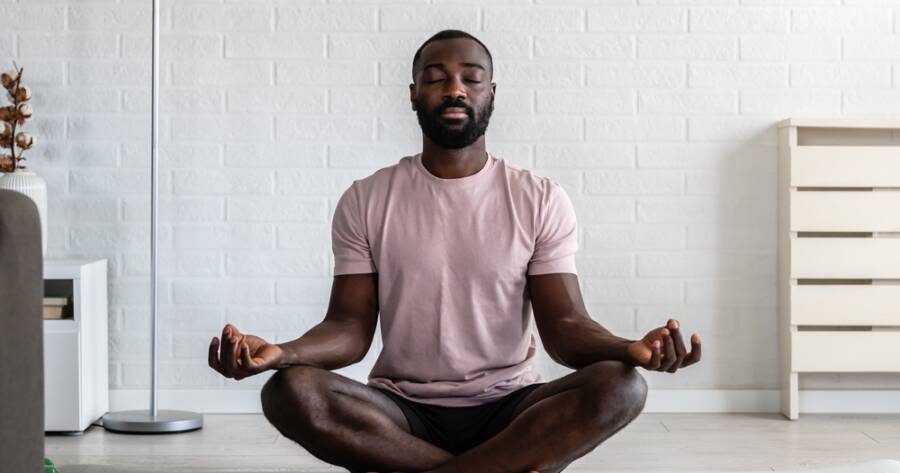Stress and anxiety are natural responses to life’s challenges, but when they become chronic, they can significantly impact our physical and mental health. With the fast pace of modern life, many people experience stress and anxiety on a daily basis. Managing these emotions effectively is essential for overall well-being. Fortunately, there are various strategies to help reduce and manage stress and anxiety, enabling individuals to regain control and improve their quality of life. Explore some practical techniques to incorporate into your daily routine for better stress management.
Practice Mindfulness and Meditation
Mindfulness and meditation are powerful tools for managing stress and anxiety. Mindfulness involves focusing on the present moment without judgment, allowing individuals to become more aware of their thoughts and feelings without becoming overwhelmed by them. Meditation helps calm the mind, reduce stress, and promote relaxation.
Taking just 5-10 minutes each day to practice mindfulness or meditation can have profound effects on reducing anxiety. Techniques such as deep breathing exercises, guided imagery, and body scans can help center the mind and provide relief from racing thoughts. Over time, mindfulness and meditation can train the brain to respond more calmly to stress.
Exercise Regularly
Physical activity is one of the most effective ways to reduce stress and anxiety. Exercise releases endorphins, which are chemicals in the brain that act as natural painkillers and mood elevators. Regular exercise can help lower cortisol levels, the hormone associated with stress, and improve overall mental well-being.
Engaging in any form of physical activity, whether it’s walking, jogging, yoga, swimming, or dancing, can be beneficial for managing anxiety. For those who struggle with motivation, starting with small, manageable goals such as a 10-minute walk each day can help build a routine. Exercise also improves sleep quality, which is crucial for managing stress.
Stay Connected with Loved Ones
Social support plays a vital role in stress management. Maintaining strong connections with family, friends, and loved ones can provide emotional support, comfort, and a sense of belonging. Talking about your stress and anxiety with someone you trust can help you process your feelings and gain perspective.
Spending time with loved ones, engaging in social activities, or even participating in group hobbies can promote relaxation and reduce feelings of isolation. Being around people who offer empathy and understanding can create a supportive environment where you feel safe to express yourself.
Adopt Healthy Sleep Habits
Sleep and stress are closely linked. Poor sleep can exacerbate anxiety, while chronic stress can make it difficult to fall asleep. Establishing a healthy sleep routine is essential for managing stress and improving mental health. Aim for 7-9 hours of sleep per night, as adequate rest helps regulate mood, enhances cognitive function, and restores energy levels.
To improve sleep quality, create a relaxing bedtime routine, limit screen time before bed, and make your sleeping environment conducive to rest. Reducing caffeine intake, especially in the afternoon, and maintaining a consistent sleep schedule can also help promote better sleep.
Limit Stress Triggers
Identifying and managing stress triggers is an essential step in reducing anxiety. Whether it’s work-related pressure, relationship issues, or financial concerns, understanding the sources of stress allows individuals to take proactive steps to minimize their impact. For instance, setting clear boundaries at work, practicing time management, or learning to say “no” when necessary can reduce external stressors.
It’s also important to take breaks and engage in activities that bring you joy. Whether it’s reading a book, gardening, or pursuing a hobby, taking time for yourself helps recharge your mental batteries and reduces the accumulation of stress.
Use Relaxation Techniques
Relaxation techniques, such as progressive muscle relaxation (PMR), deep breathing, or guided imagery, are great ways to calm the body and mind. PMR involves tensing and relaxing different muscle groups in the body, which helps release physical tension. Deep breathing exercises, such as diaphragmatic breathing, help slow the heart rate and activate the body’s relaxation response.
These techniques can be done anywhere and anytime, whether at home, at work, or even while traveling. Incorporating these relaxation methods into your routine can help prevent stress from building up and provide immediate relief in moments of anxiety.
Seek Professional Help
While self-care strategies are effective, there are times when stress and anxiety may require professional support. Speaking with a therapist or counselor can help individuals gain insight into the underlying causes of their stress and learn coping mechanisms tailored to their specific needs.
Therapies such as cognitive-behavioral therapy (CBT) are particularly effective for managing anxiety. CBT helps individuals identify negative thought patterns and replace them with healthier, more constructive ways of thinking. In some cases, medication may be recommended by a healthcare provider to manage severe anxiety symptoms.
Effective Strategies for Managing Stress and Anxiety for a Healthier Life
Managing stress and anxiety is crucial for maintaining mental and physical health. By incorporating strategies such as mindfulness, regular exercise, staying connected with loved ones, improving sleep habits, and using relaxation techniques, individuals can take control of their stress and reduce feelings of anxiety. Additionally, seeking professional help when needed ensures that individuals receive the support they need for long-term well-being. While stress and anxiety are inevitable parts of life, with the right strategies, it is possible to manage them effectively and lead a healthier, more balanced life.

